Advantages and Disadvantages of DCS
In this article, you will learn the advantages and disadvantages of DCS (Distributed Control Systems).
Advantages of DCS
A distributed control system (DCS) is a type of control system that uses decentralized controllers to control a complex process plant.
DCSs have several advantages over other types of control systems, including:
- Improved process control: DCSs use advanced control algorithms, such as PID control, to provide precise and accurate control of processes.
- Scalability: DCSs can be easily expanded to control larger and more complex processes.
- Remote access: DCSs can be accessed remotely using a computer or mobile device, which allows for remote monitoring and control of processes.
- Redundancy: DCSs often have redundant components, such as controllers and servers, which improves the system’s reliability and helps to prevent downtime.
- Flexibility: DCSs can be easily configured to control a wide range of processes and can be used with a variety of input and output devices.
- Improved data collection and analysis: DCSs can collect and store large amounts of process data, which can be used for analysis and process optimization.
- Improved safety: DCSs can be used to implement safety interlocks and alarms to improve the safety of processes.
- Integration: DCSs can be easily integrated with other systems, such as SCADA systems, PLCs, and MES systems, to provide a comprehensive control and monitoring solution.
- Easy Maintenance: DCSs often have a modular design, which makes it easy to maintain, upgrade or replace parts of the system.
- Cost-effective: DCSs are cost-effective solutions for automating and controlling large and complex processes, they are more cost-effective than traditional hardwired control systems.
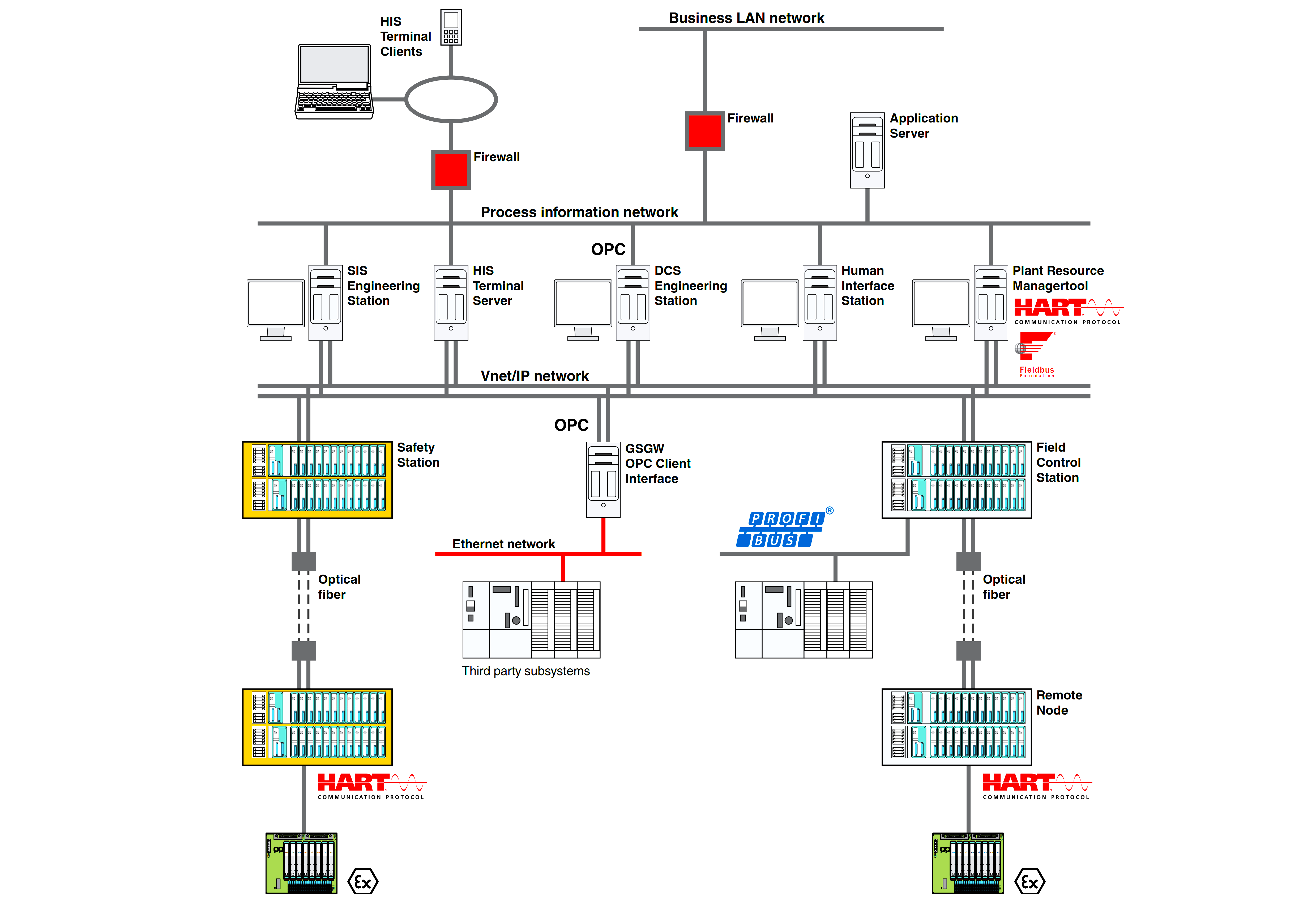
Disadvantages of DCS
While distributed control systems (DCSs) have many advantages, they also have some disadvantages, including:
- High initial cost: DCSs can be expensive to purchase, install, and maintain.
- Complexity: DCSs can be complex systems with many components, which can make them difficult to understand and operate.
- Training: DCSs require specialized training to operate and maintain, which can be costly.
- Dependency on software and hardware: DCSs rely on software and hardware components, which can make them vulnerable to software bugs and hardware failures.
- Network dependency: DCSs rely on networks to communicate between controllers and servers, if the network goes down the entire system will not work.
- Cybersecurity: DCSs are vulnerable to cyber attacks, which can cause the system to malfunction or shut down.
- Limited compatibility: DCSs are not always compatible with other systems, which can make it difficult to integrate them into existing processes.
- Limited scalability: Some DCSs have limited scalability, which can make it difficult to expand the system as the process grows.
- Limited data visualization: DCSs may not have advanced data visualization capabilities, which can make it difficult to analyze and understand process data.
- Limited mobility: Some DCSs have limited mobility, which can make it difficult to access and control the system remotely.
Read Next:




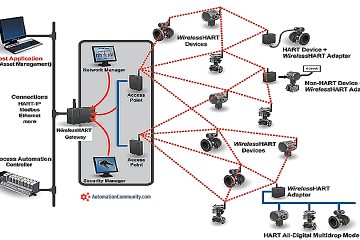
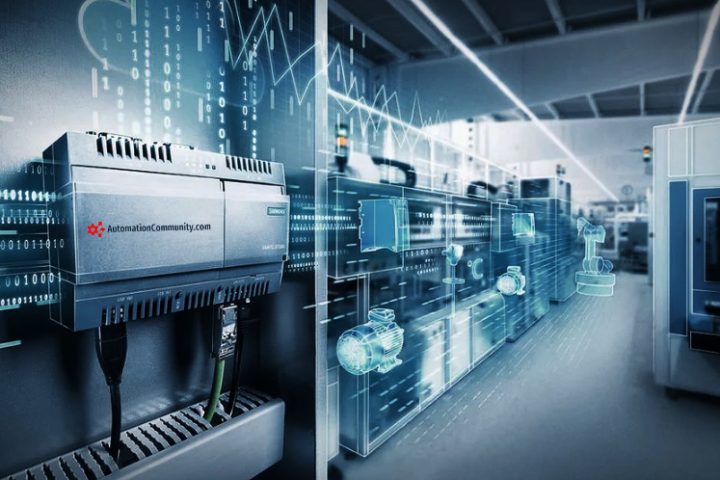


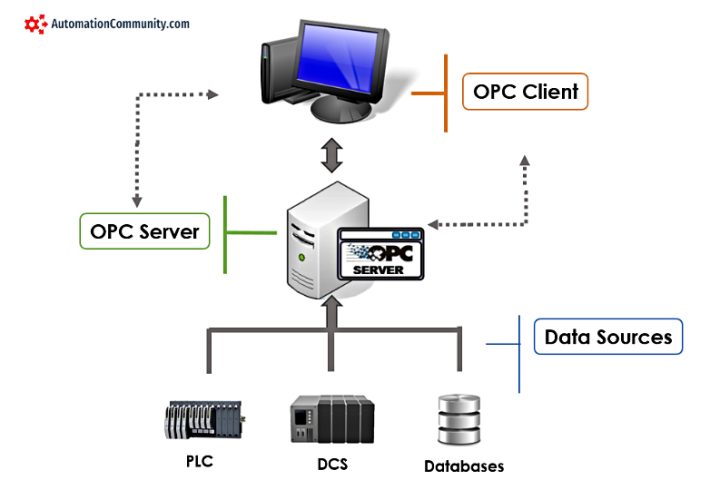
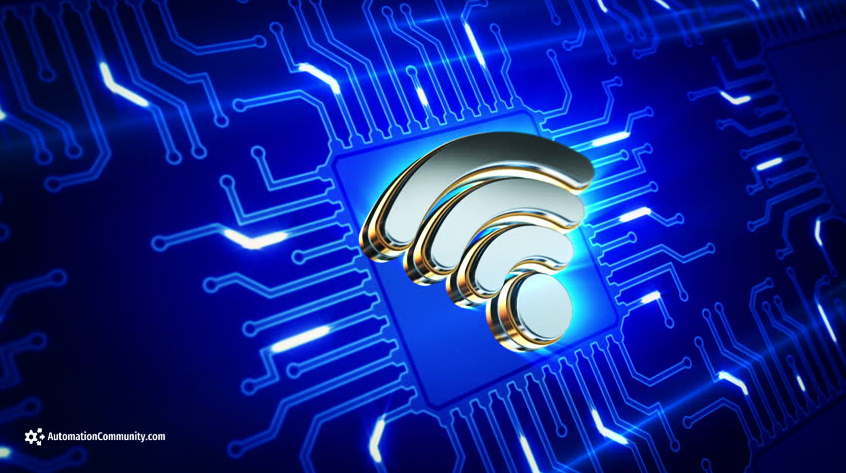
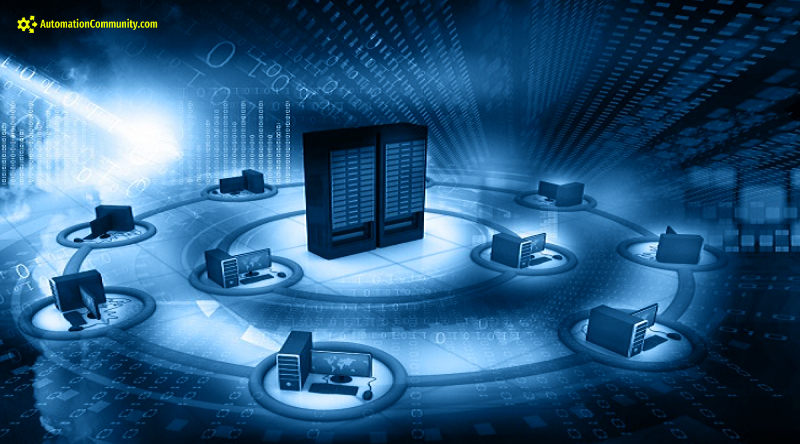




Comments
1
Good job!